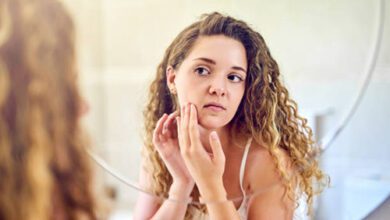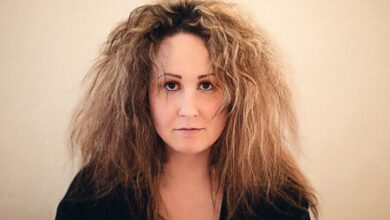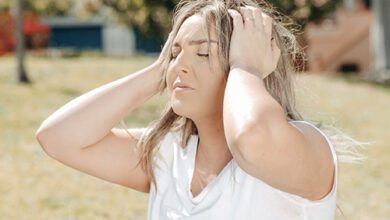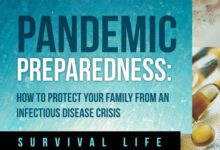6 Tips to make the most of your daily coffee consumption

Consumed in moderation, coffee would act as a true protector of health and produce positive actions on some of our behaviors. It is no coincidence that it is one of the most consumed drinks in the world, whether in beans, capsules, pods or ground.
We already knew about its influence on sports performance, migraines or its preventive effect against certain cardiovascular diseases. When and how to drink your coffee?
1/6 – Wait one to two hours after waking up to enjoy the first cup
Yes, caffeine helps you wake up. But it also causes a rise in cortisol (the stress hormone) in the body. However, the cortisol level is naturally high when you wake up but naturally stabilizes 1 to 2 hours later. So the ideal is to wait one to two hours after waking up to fill up on caffeine.
2/6 – Drink a coffee during your meetings (and not before)
Drinking coffee during a work meeting makes us more alert and focused. While drinking it before the same meeting can increase nervousness and trigger stress.
3/6 – Drink a coffee 30 minutes before exercising
Caffeine boosts adrenaline and raises body temperature, which makes you stronger before you start exercising. A study by the International Society of Sports Nutrition found that athletes ran farther and faster or trained harder when they drank coffee 30 minutes to an hour before starting exercise.
4/6 – Do not exceed 3 cups of coffee per day
Several studies have shown that coffee is good for the heart…as long as you don’t exceed 3 cups a day. Regular coffee drinkers have a better functioning heart and 30% less risk of stroke than non-drinkers. But this consumption must remain moderate.
5/6 – Say no to coffee six hours before bed
Caffeine inhibits the production of melatonin, the sleep hormone. Do not drink coffee six hours before bedtime (i.e. 4 p.m. if you go to bed at 10 p.m.) because that’s the time it takes for the caffeine to be cleared from your body enough to fall asleep easily and not disrupt the deep sleep. And if you are really very sensitive to caffeine, stop drinking it at 2 p.m.
6/6 – Stop drinking coffee one week a month
Studies have shown that the body develops a tolerance to caffeine and its anti-fatigue effects. Also, instead of drinking more and more of it to benefit from its boosting effects, take a “caffeine-free” break for one week per month. Reduce your consumption by half the first few days, then again by half the following days.
When and how much to drink to benefit from coffee benefits?
Some swallow their first cup of coffee as soon as they set foot on the floor when they wake up. Others take their first hit of caffeine during their morning shift. Some refuse to drink it after 3 p.m. Others cannot do without their little coffee after dinner. Some, like billionaire Richard Branson, can drink up to 20 cups of coffee a day. Others stick with the recommended 3 cups daily to protect their hearts.
In short, everyone has their own way of consuming the “little black”. Over the course of studies, researchers have shown that coffee:
- Significantly improves long-term memory and fights cognitive decline.
- Reduces the risk of disease (and death) from the liver.
- Increases insulin production and reduces the risk of type 2 diabetes.
- Prevents chronic diseases and reduces the risk of prostate cancer.
- Coffee is now universally recognized for its health benefits. Its protective effects are explained by its polyphenol content, which is also found in red wine and cocoa.
Namely: caffeine reaches its peak of activity 20 to 40 minutes after ingestion. This is why we recommend having a coffee before a nap, to take advantage of its anti-fatigue effect when you wake up. It is then eliminated in 2 to 10 hours, depending on the person. And its effects are felt as long as half has not been eliminated.







